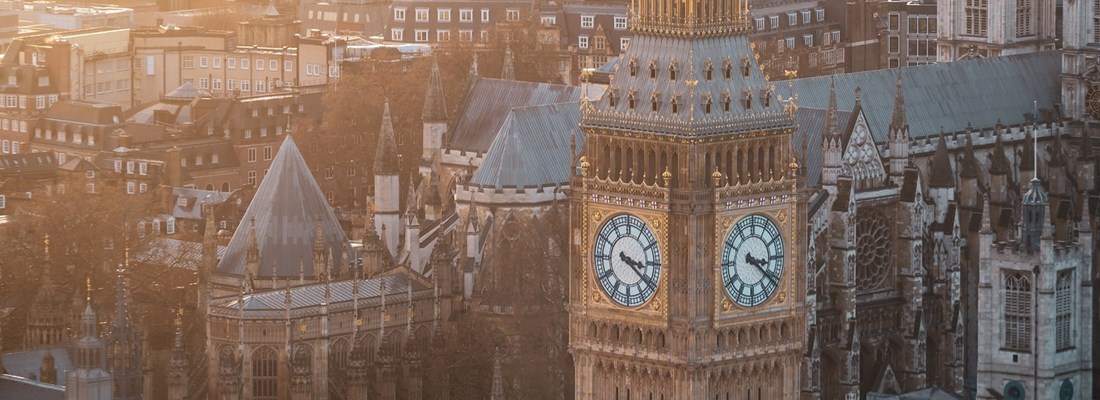Introduction of VAT on private school fees

Following months of speculation regarding the precise form of its new policy the government has published detailed proposals for the introduction of VAT on private school fees for school terms beginning on or after 1 January 2025.
Whilst providing greater clarity on how the new regime will operate, it is also apparent from the accompanying technical notes that there is in fact to be a consultation period. This will last for seven weeks until 15 September 2024 to provide an opportunity for stakeholders to comment on the draft legislation.
There is an acknowledgment that the detail may change as a result of the consultation responses received and the required changes to the law to introduce this measure are not intended to be enacted until 30 October 2024 – which was also announced as the date of the Chancellor’s first Budget.
Key points
The key VAT points announced are:
- All education services and vocational training supplied by a private school or a ‘connected person’ for a charge will become subject to VAT at the standard rate of 20%.
- Board and lodging services closely related to such supplies will also become subject to 20% VAT, including when supplied by a ‘connected person’.
- The effective date for VAT to apply is school terms starting on or after 1 January 2025.
- Any school fees paid from 29 July 2024 onwards pertaining to school terms starting on or after 1 January 2025 will be subject to VAT.
Aside from VAT, the other big change is an intention to remove business rates relief for charitable private schools by 2025.
Heavily trailed
The government’s move to introduce VAT on private school fees had been heavily trailed in advance. Much of the speculation in recent months had concerned the detail behind the policy, in particular whether advance payment of school fees might provide a means of avoiding a VAT charge. The draft legislation seems to provide a clear answer – the anti-forestalling measures are designed to capture any advance payment made on or after 29 July 2024.
There had also been a certain amount of chatter on the subject of re-structuring school activities to side-step the VAT measures. However, the inclusion in draft legislation of supplies made by ‘connected persons’ is clearly designed to head off any thoughts that schools might have of introducing VAT planning arrangements.
Outside new measures
In addition to providing definitions of the key terms, the published proposals offer some detail regarding what falls outside the new VAT measures. Most notably, the provision of nursery services to children below school age will remain exempt, as will the provision of education by private tutors. Education provided through state schools and sixth form colleges for no fee will remain unaffected.
Pupils with Special Educational Needs (SEN) are addressed in the sense that where the SEN place at a private school is funded by a local authority or similar body, the VAT charged by the school can be reclaimed by the funding body. But in cases where parents choose to place their child at a private school in preference to state provision there is no VAT relief.
A recurring theme of the technical notes is mention that detailed guidance is still to be published, albeit at an unspecified later date. There are also frequent exhortations that private schools that are not yet registered for VAT should not yet go ahead and register; rather, such schools should await the publication of bespoke guidance and await contact from HMRC to arrange ‘support sessions.’ Schools are asked to wait until 30 October before registering for VAT.
Taken together with the current consultation period and the stated possibility of further changes to the measures, it appears we are unlikely to see the final position for another couple of months.
Flip side
Finally, in a VAT technical context it is also worth noting that the introduction of VAT to school fees does also provide the flip side of an ability to recover VAT on expenditure. As a reminder, a basic general principle of VAT is that where exempt supplies are made there is no ability to recover VAT, whereas VAT recovery generally goes hand-in-hand with making taxable supplies.
The removal of exemption for private schools should therefore create a basis for such schools to start recovering VAT on their expenditure. And where private schools have suffered irrecoverable VAT in the past on large capital projects, in some cases there could be an opportunity to revisit these and start recovering amounts of VAT under the Capital Goods Scheme.




